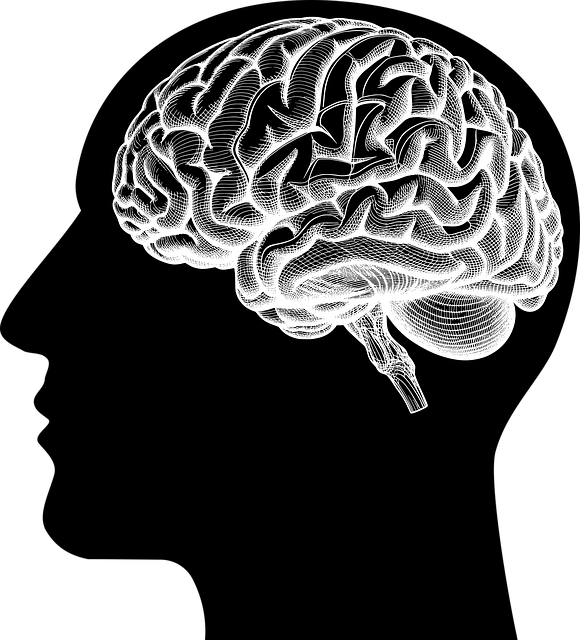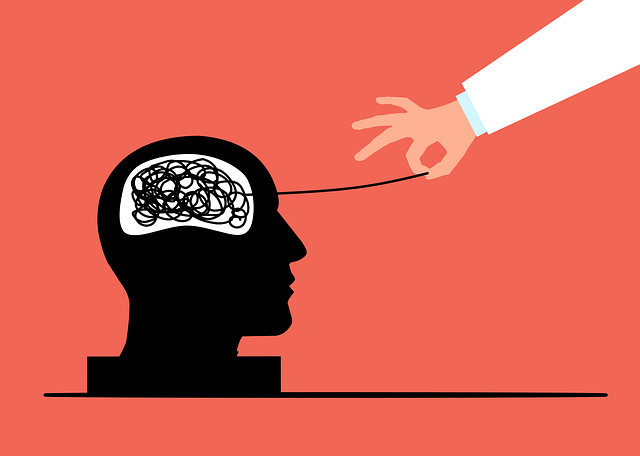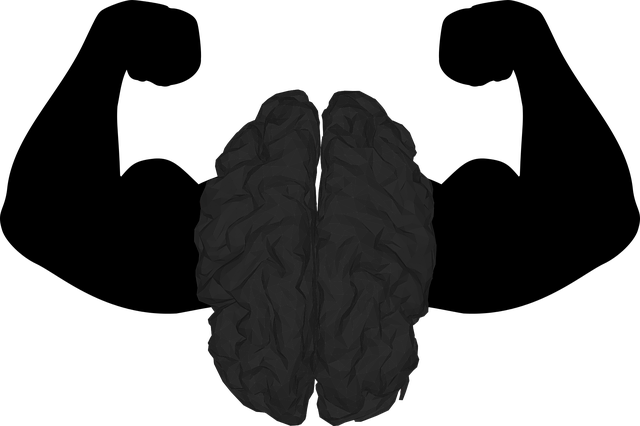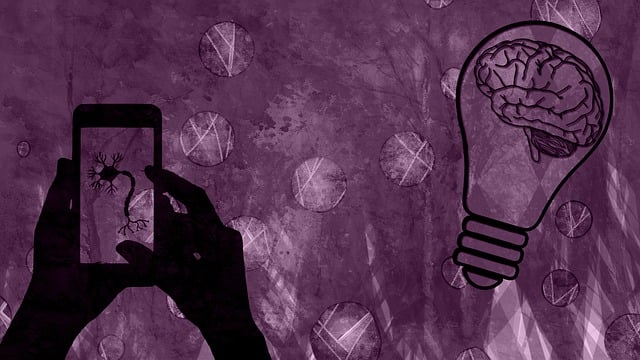Mental illness stigma severely hinders young adults and veterans seeking therapy, driven by societal pressures and personal beliefs. Community outreach programs normalizing mental health conversations are crucial in reducing this barrier. Education, early intervention, and specialized therapy for young adults and veterans, such as stress management workshops, build supportive environments, challenging stereotypes and promoting help-seeking behaviors, ultimately improving their well-being.
Mental illness stigma remains a significant barrier to healing, particularly among young adults and veterans. This article delves into the multifaceted issue of mental health stigma, exploring its profound impact on individuals and society at large. We examine the unique challenges faced by young adults and veterans in seeking help due to stigma, emphasizing the pressing need for tailored support. Through an analysis of effective stigma reduction strategies, including education and awareness campaigns, we highlight the critical role of therapy in fostering a more inclusive environment for all, especially targeting young adults and veterans in need of specialized care.
- Understanding Stigma: Barriers to Help-Seeking for Young Adults and Veterans
- The Impact of Mental Health Stigma on Our Society
- Effective Strategies to Reduce Stigma: A Focus on Education and Awareness
- Role of Therapy in Combat Stigma: Tailoring Support for Young Adults and Veterans
- Supporting Initiatives and Resources for a Stigma-Free Environment
Understanding Stigma: Barriers to Help-Seeking for Young Adults and Veterans

Stigma surrounding mental illness often creates significant barriers to help-seeking behaviors among young adults and veterans. This can be attributed to various societal and personal factors. Many individuals struggle with the perception that seeking therapy or support is a sign of weakness, leading them to bottle up their emotions and cope in unhealthy ways. The fear of judgment or discrimination further deters them from reaching out for professional help. For young adults, peer pressure, academic pressures, and a lack of awareness about mental health resources can make it challenging to prioritize emotional well-being. Similarly, veterans often face unique challenges, including post-traumatic stress disorder (PTSD) and the stigma associated with asking for help, especially in traditionally male-dominated military cultures where showcasing vulnerability is not commonly accepted.
Community outreach programs play a crucial role in reducing this stigma by normalizing conversations about mental health and encouraging help-seeking behaviors. Implementing initiatives that focus on educating communities, promoting emotional healing processes, and boosting confidence can make a significant difference. By fostering an environment of support and understanding, these programs can help break down barriers and ensure that young adults and veterans receive the therapy they need for their mental health concerns, ultimately leading to improved overall well-being.
The Impact of Mental Health Stigma on Our Society

The impact of mental health stigma on our society is profound and far-reaching. It creates a culture of silence and shame, often preventing individuals from seeking help for their mental health issues. This can lead to prolonged suffering, reduced quality of life, and even increased risk of suicide. The consequences extend beyond the affected individuals, impacting families, communities, and the broader society as a whole.
Stigma surrounding mental illness can manifest in various ways, from discriminatory language to systemic barriers that limit access to care. It often perpetuates harmful stereotypes, marginalizes already vulnerable populations, and hinders progress in mental health advocacy. However, with concerted efforts like improved communication strategies, stress management workshops organized by mental health organizations, and initiatives focused on emotional regulation, it’s possible to mitigate stigma. Providing therapy for young adults and veterans can be a powerful tool in these efforts, fostering understanding, empathy, and early intervention for mental health concerns.
Effective Strategies to Reduce Stigma: A Focus on Education and Awareness

Mental illness stigma reduction is a multifaceted effort, but two powerful strategies stand out: education and awareness campaigns. By integrating mental health education into school curricula, we can start breaking down barriers from a young age. Teaching emotional intelligence and regulation skills can empower students to recognize and manage their own mental health needs. This approach normalizes conversations about mental illness and fosters empathy among peers.
Additionally, organizing workshops and community events focused on stress management and resilience can help combat the internalized stigma that often arises from past traumatic experiences. These initiatives, tailored for specific demographics like young adults or veterans, offer safe spaces to learn coping mechanisms, share stories, and dispel myths surrounding mental illness. Through such efforts, we can create a more supportive environment, encouraging individuals to seek therapy when needed without fear of judgment or ostracization.
Role of Therapy in Combat Stigma: Tailoring Support for Young Adults and Veterans

Mental health therapy plays a pivotal role in combating stigma, especially when tailored to meet the unique needs of young adults and veterans. For young adults, therapy can provide a safe space to process emotions, gain coping mechanisms, and develop resilience. Through evidence-based practices such as compassion cultivation, individuals learn to cultivate understanding and self-compassion, challenging internalized stigma. These sessions equip them with the tools to navigate social interactions and promote mental health awareness among their peers.
Similarly, veterans often face distinct challenges upon returning home, including readjustment issues and a sense of isolation. Specialized therapy programs offer crisis intervention guidance tailored to military experiences. By addressing trauma, providing support networks, and fostering open discussions about mental health, these initiatives help veterans challenge societal perceptions and reduce the stigma they may encounter. Through personalized care, veterans can find validation for their experiences and take steps towards healing and reintegration into civilian life.
Supporting Initiatives and Resources for a Stigma-Free Environment

Reducing the stigma surrounding mental illness is a collective effort that requires support from various sectors. Many organizations and initiatives are dedicated to creating a more understanding and accepting society, especially for young adults who may be facing unique challenges. One such resource is therapy specifically tailored for veterans, addressing post-traumatic stress disorder (PTSD) and other combat-related mental health concerns. These therapeutic programs often incorporate group support, peer mentorship, and evidence-based treatments to foster a sense of community and reduce the isolation that can exacerbate mental illness.
Additionally, Stress Management Workshops Organization offers educational programs designed to equip individuals with coping mechanisms for anxiety and stress. By promoting mental wellness through early intervention and accessible resources, these organizations play a vital role in fostering stigma reduction. They provide platforms for open discussions about mental health issues, challenging societal norms and stereotypes that contribute to the stigma. Such efforts are essential in creating an environment where people feel empowered to seek help without fear of judgment.
Mental illness stigma, particularly among young adults and veterans, significantly hinders access to vital therapy and support. By understanding the barriers to help-seeking and implementing effective strategies like education and awareness campaigns, we can foster a more inclusive society. Initiatives aimed at reducing stigma play a crucial role in encouraging open conversations about mental health. Through tailored therapy approaches for young adults and veterans, along with accessible resources, we can work towards a stigma-free environment where everyone receives the care they need without fear of judgment.












